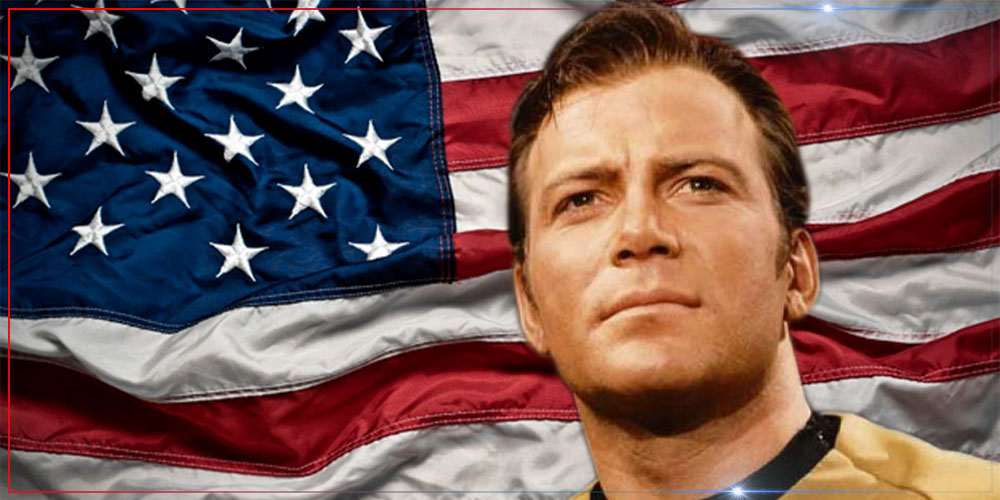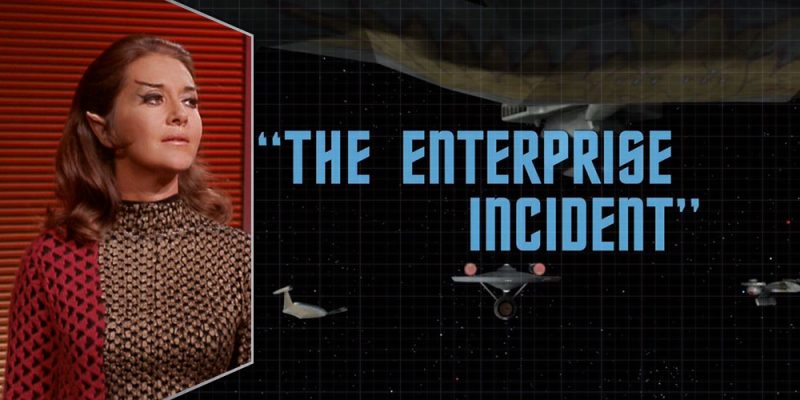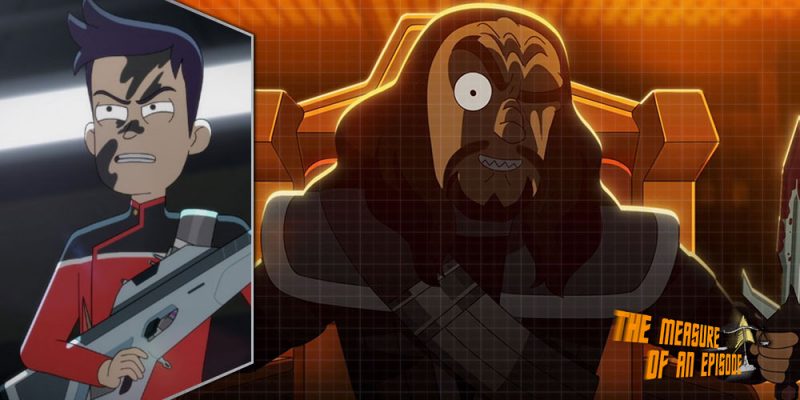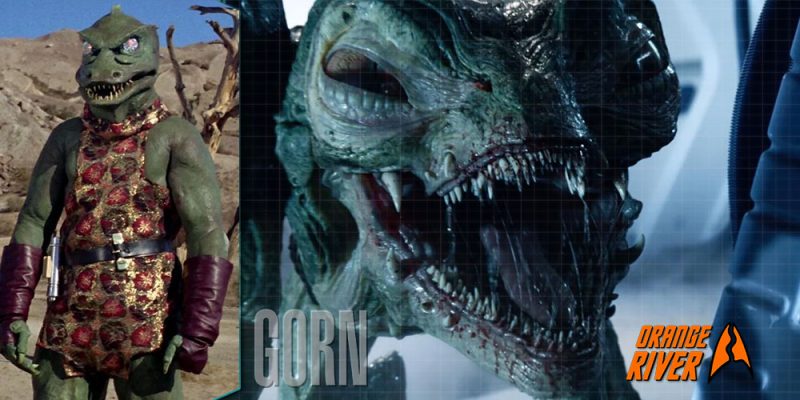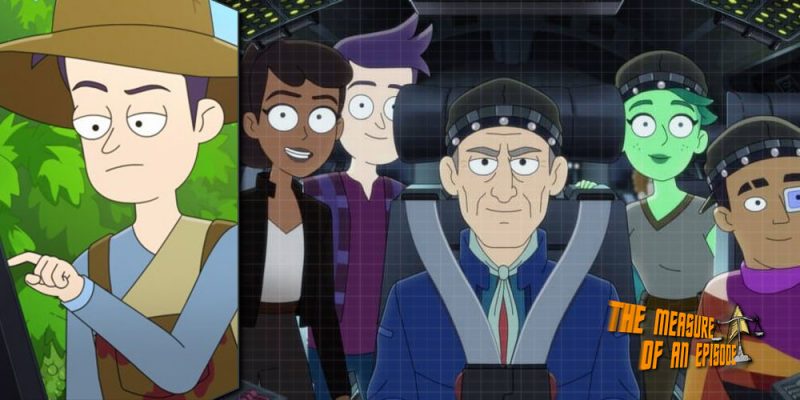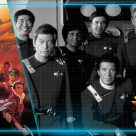Few media franchises have had as profound an impact on popular discourse as Star Trek. Between its nine TV series, thirteen full-length motion pictures, and various parodies and fan productions, Trek has embedded itself into the American psyche and has become part of America’s cultural mythos. Besides Trek’s influence on the evolution of popular culture and measurable effect on the fields of science and technology, however, each instalment in the franchise has been influenced by the political climate of the era in which it was produced.
Besides cultural norms, one of the oft-overlooked influences on Trek’s methods of offering social commentary is U.S. foreign policy. Today, I’ll examine how the moral and ethical philosophies presented in the first five live-action series—from The Original Series to Enterprise—were impacted by the U.S. foreign policy zeitgeist at their respective times of production. I’m leaving out the newer shows since they’re still airing, and the full extent of their political impact, both internally and externally, is still yet to be determined, in my opinion.
The connection between Star Trek and U.S. foreign policy is one that has been noted quite frequently in academic literature. Multiple authors liken Captain Kirk to John F. Kennedy, with Rick Worland describing Trek as “perhaps the ultimate ‘Kennedy Western’” in his essay “From the New Frontier to the Final Frontier.” Worland draws further parallels between Kirk and Kennedy by citing Kennedy’s positive attitude towards the Mercury astronauts, who Kennedy refers to as “the knights-errant of the New Frontier.”
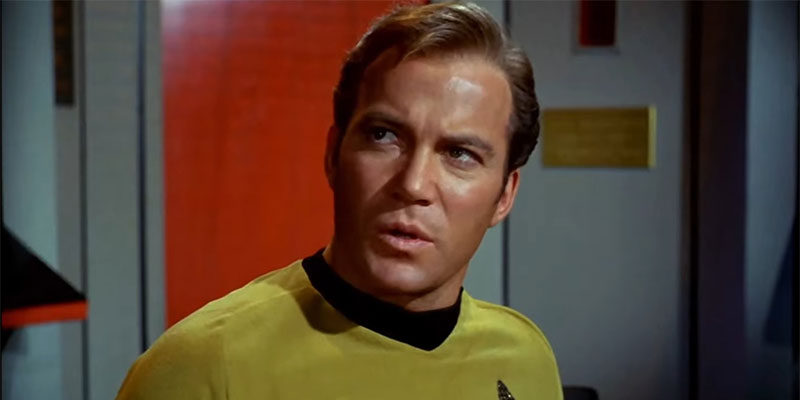
Worland also compares the crew of the Enterprise to the Mercury astronauts and the Green Berets, each of whom acts as an analogue to the knights of Camelot. Kirk employs a “brain trust” of intellectual advisers similarly to Kennedy and Franklin D. Roosevelt before him; Worland explains that “The stereotype of Star Trek fandom as a refuge for ‘nerds’ is in one sense easy to explain: This is one of the rare forms of popular culture in which intellectuals are heroic, effectual, and sexy.” Kirk, like Kennedy, oversees “a potent combination of the worlds of ideas and power at work in the interests of the Republic, or here, the Federation.” Here, Worland and other authors solidify the connection between the liberal Cold War ethos, with its “nearly unassailable confidence,” and Trek’s optimistic view of the future.
As for how the consequences of American foreign policy influenced the show, H. Bruce Franklin’s essay “Star Trek in the Vietnam Era” provides a rather insightful view on how events in The Original Series paralleled the course of the Vietnam War and the concurrent antiwar movement. According to Franklin, The Original Series “parabolically displaced the Vietnam War in time and space” in order to confront the ethical implications of unilateral military escalation. But even within Trek’s realm of exploration of the Cold War proxy conflict, its attitudes towards military intervention in foreign affairs changes drastically.
Take, for example, the episode “City on the Edge of Forever.” In the episode, Dr McCoy stumbles through a time portal that lands him in 1930s New York City. While there, McCoy saves a woman named Edith Keeler from dying in a car accident; in doing so, McCoy inadvertently causes Nazi Germany to win World War II—a grand demonstration of the butterfly effect. When Kirk and Spock travel back in time to retrieve McCoy, they must prevent him from saving Keeler—for if she survives, she will become the leader of a peace movement that keeps the U.S. from intervening in the war.
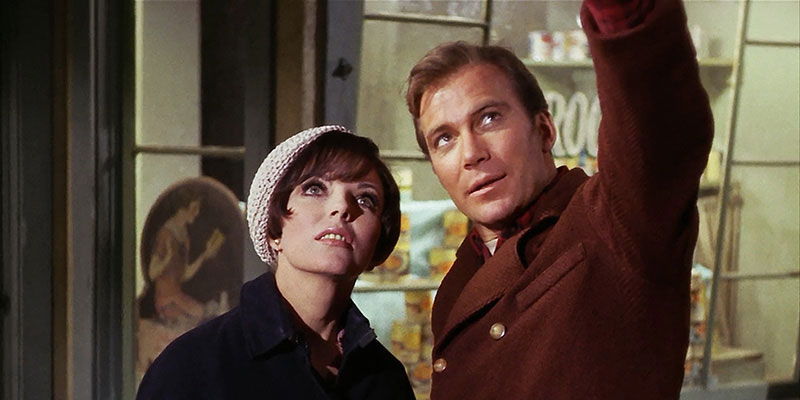
Franklin writes: “In the episode as it aired in 1967, Spock’s speculation [that Keeler’s pacifist ‘philosophy’ might have spread, changing the outcome of World War II] has been turned into a major plot element that viewers could hardly fail to relate to the growing movement against the Vietnam War.” Franklin continues that Keeler “is not portrayed as contemptible or ridiculous” and that the peace movement, “no matter how noble, alluring and idealistic in its motivation, might pose a danger to the progressive course of history.” Kirk and Spock’s intervention to correct history is presented similarly to the United States’ mission to defeat communism in Southeast Asia, just as the Allies had defeated Nazism two decades prior.
Another episode of The Original Series, “A Private Little War,” features a planet where a society of “hill people”—an analogue to the U.S. view of the South Vietnamese—is being attacked by armed villagers—an analogue to the U.S. view of the North Vietnamese. The villagers have been armed by the Klingon Empire, Star Trek’s analogue to the Soviet Union and/or Communist China. Interestingly, Kirk and McCoy engage in a back-and-forth about whether to intervene; Kirk suggests the Federation arm the “hill people” to achieve a “balance of power” while McCoy voices his scepticism as to the viability of this solution, directly citing the waste of resources poured into Vietnam just for the South Vietnamese to lose.
The third episode directly relevant to Vietnam, “The Omega Glory,” takes an even more non-interventionist stance. When the Enterprise encounters a planet inhabited by two warring factions—the effectively communist “Kohms” and the effectively anti-communist “Yangs”—the crew discovers the Yangs worship a tattered U.S. flag and have a Constitution. Kirk teaches the Yangs that their Constitution is meant for everybody, which Franklin likens to “paradoxically preach[ing]…a message of globalism.” This dramatic transition—from embracing Johnson-esque policies to wholeheartedly opposing them in the span of less than a year—allows viewers to witness the translation of America’s anti-war consciousness onto the small screen.
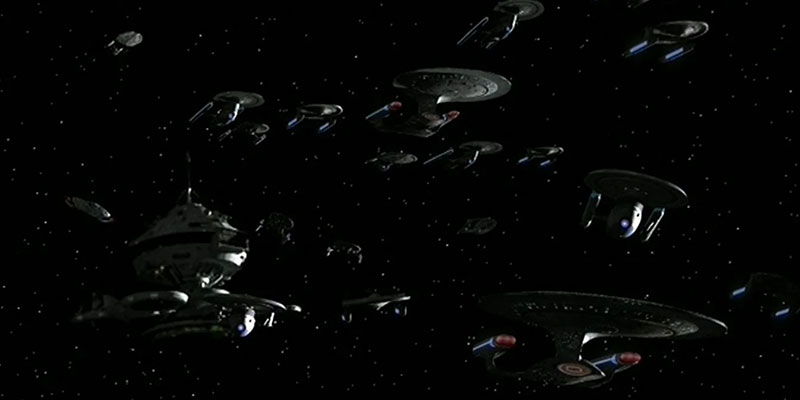
Further down the road, as the spin-off series, Deep Space Nine began a regular war arc in its sixth season, there was a division among the writing staff as to how to approach the topic. Producer Rick Berman echoed a sentiment shared by Majel Barrett Roddenberry that her husband would have hated the arc, with Berman criticizing the “depressing” and “violent” stories. In a 1999 AOL chat with DS9 writer Ronald D. Moore, Moore concedes that “It would’ve been very hard to argue Gene into going this way” due to Roddenberry’s pacifist ideals, but “I don’t think he was always right…The Dominion War has been one of the better storylines we’ve come up with whether Gene would’ve agreed or not.”
This dissonance between the original articulated vision of Trek, present all the way from The Original Series to The Next Generation (which Roddenberry also executive produced), and the darker, grittier tone of Deep Space Nine, comparatively speaking, illustrates the changing conditions of how Americans responded to war during the late 20th century. Indeed, the public largely went from embracing antiwar sentiments during the Vietnam era to embracing the realpolitik solutions of the Reagan and Bush eras; the Dominion War arc hence provides a level of excitement to the show, exploring ethical dilemmas by pitting characters in uneasy alliances against a common enemy. Moore thus asserts that he “would’ve still argued for doing the Dominion War…and if he’d rejected it, I would’ve thought he was wrong.”
This level of realpolitik is also present throughout the run of Star Trek: Enterprise. The show’s Temporal Cold War arc, launched in the pilot episode and concluding in the third season finale, arguably takes the tradition of incorporating militaristic themes and elements in Trek to the next level. By providing the prequel Enterprise crew with obstacles in the form of alien proxy agents, such as the Suliban Cabal, the arc revitalizes the espionage factor of Cold War hysteria and combines it with contemporary domestic security concerns.
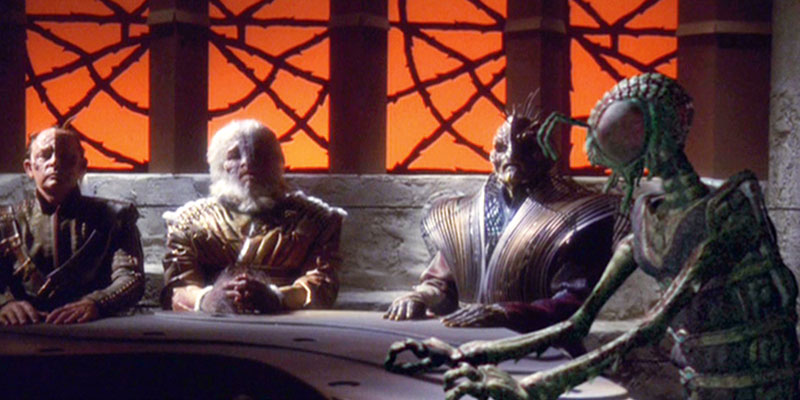
The implications of this theme are explored no better than in the Xindi story arc. The Xindi, created at the behest of Paramount to boost Enterprise’s ratings for its third season, are a confederation of five species who construct a superweapon designed to kill civilians on Earth. Mirroring the then-recent September 11th attacks, the event—which launches a sort of “War on Terror” by Starfleet—reflects the Xindi’s arrangement as an analogue for al-Qaeda, or even the Mujahideen as the Xindi are guided by another powerful race against Earth just as the United States mobilized Sunni Afghans against the Soviet Union.
The 90-minute documentary Star Trek: Enterprise – In a Time of War, released for the Enterprise Season 3 Blu-Ray disc, describes the set of events that led to the creation of the Xindi arc. In the segment entitled “Call to Arms,” Director David Livingston comments that “The Xindi were…destroying parts of Earth, so it was reflective of what was going on at the time.” The Xindi represent yet another shift in how Star Trek treats war that in some ways echoes the original ethos present in “City on the Edge of Forever” and “A Private Little War”: intervention and a balance of power are the only way to ensure survival.
The Temporal Cold War effectively blurs the line between the defensive nature of the Dominion War and the more offensive nature of the various Vietnam analogues in The Original Series. This blurred line is extended even further in each of the instalments of J.J. Abrams’ Star Trek reboot trilogy, which often reference Enterprise and feature War on Terror elements in their storylines. Just as American foreign policy in the 21st century has encouraged Americans to be critical of their government’s actions, Enterprise’s Xindi arc challenges viewers to consider the ethical implications of engaging in violent warfare with alien races and evokes the age-old question: “Who started it first?”
Star Trek has existed in one form or another for over half a century. In that time, the way each instalment approaches various social and ethical issues has been profoundly influenced by events of the day. Trek presents a future that, while progressive in both the ostensive sense and arguably through its substance, has been crafted as the result of various forces and pressures that have marked every decade since the tumultuous 1960s. As the franchise marches on into the 21st century, the creators’ collectively articulated vision of how humans and non-humans will interact hundreds of years from now will certainly continue to change.
Thanks for watching! I definitely want to hear your thoughts in the comments. If you enjoy content like this, becoming a patron HERE… It is a great way to support me.
Watch The Latest Video By Orange River Media Below
Don’t forget to subscribe, and I’ll see you next time! Live long and prosper.
You can find Orange River Media at the links below
- YouTube: https://www.youtube.com/orangeriver
- Twitter: https://www.twitter.com/orangerivernw
- Instagram: https://www.instagram.com/orangeriver.nw
- Facebook: https://www.facebook.com/orangerivernw
- Patreon: https://www.patreon.com/orangeriver

